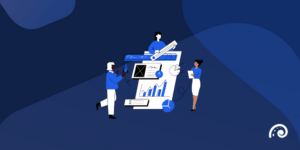
The concept of single-tasking revolves around the idea of focusing on one task at a time, which has been advocated by therapists and productivity experts as a more effective approach to completing tasks. The primary benefits highlighted include enhanced focus, better quality of work, and faster task completion. Here’s a deeper dive into the facets of single-tasking:
Enhanced Focus and Quality:
- Single-tasking promotes a concentrated effort on one task at a time, which is proven to lead to quicker and higher-quality outcomes compared to multitasking.
Mindfulness:
- According to psycho-therapist Dr. Mike Dow, single-tasking fosters mindfulness—paying attention to the task at hand, which serves as a powerful antidote to the constant barrage of distractions we face daily.
Increased Efficiency and Reduced Mental Fatigue:
- By focusing solely on one task, individuals can boost their efficiency and output without feeling overwhelmed, burnt out, or mentally fatigued. This approach helps in keeping up with responsibilities in a more structured manner.
Productivity and Stress Management:
- When tempted to juggle multiple activities simultaneously, single-tasking encourages choosing the most crucial task for the moment and dedicating full attention to it. This method is not only productive but also aids in managing stress levels by reducing the chaos often associated with multitasking.
Incorporating single-tasking into one’s routine may require some practice and deliberate effort to resist the urge to multitask, especially in a digitally connected world where distractions are incessant. However, the payoff in terms of improved productivity, reduced stress, and enhanced quality of work makes single-tasking a worthwhile endeavor.










